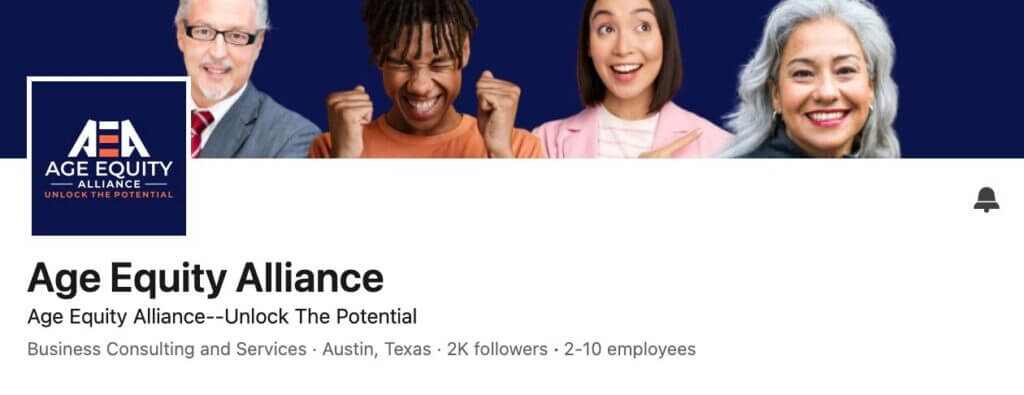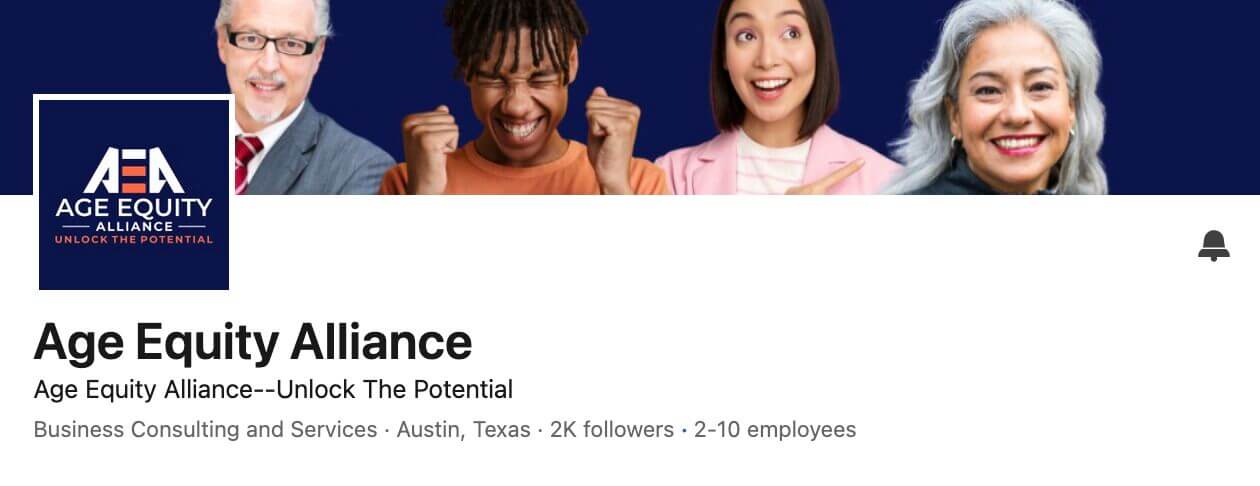Podcasts & Webinars

Check out our podcasts & webinar page offering free education and training resources.
AEA on YouTube
Follow AEA’s YouTube channel for research-based, content-rich, bite-sized messages about the importance of workplace age-inclusion across the age spectrum!
Recommended Studies
Scoping Review on Ageism against Younger Populations, Vânia de la Fuente-Núñez, et el
Systematic efforts have been carried out to study ageism against older populations. Less is known about ageism against younger populations, including how it is defined, how it manifests, its effects, and how it can be addressed. A scoping review was conducted aimed at identifying available evidence on these topics. A comprehensive search strategy was used across thirteen databases were screened by two independent reviewers. Data extraction was done by one rater and independently reviewed by a second rater. Of the 9270 records identified, 263 were eligible for inclusion. Most of the evidence focused on the manifestation of ageism (86%), followed by a focus on the determinants of ageism (17%), available interventions to address ageism (9%), and the effects of ageism (5%). This study points to the inconsistent terminology used to describe ageism against younger populations and the relatively limited theoretical rationale that guides existing studies. It also highlights key research gaps and points to the strengths of existing research.
Development and Validation of a Workplace Age-Friendliness Measure, Raphael Eppler-Hattab, MSc, Israel Doron, PhD, and Ilan Meshoulam, DBA
Measuring the extent to which the culture of organizations can be considered age-friendly is a significant anchor in the constructive inclusion process of older workers in workplaces, given the consistent aging of the workforce. Hence, the purpose of this research was to develop a novel, comprehensive, and theoretically driven measure of workplace age-friendliness. Three multiphased, multisourced studies were conducted: a qualitative assessment procedure and 2 separate quantitative field surveys of individual-level perceptions. A 24-item scale of workplace age-friendliness was developed, consisting of 4 dimensions that represent the different ways in which organizational culture aligns with an aging and older workforce: age-friendly core culture, development, wellness, and flexibility. Confirmatory factor analysis verified that a 4-factor structure is the most appropriate solution, with all dimensions having acceptable internal consistency. Preliminary evidence of construct validity is also presented.
Aging with purpose: Why meaningful engagement with society matters, McKinsey and Company
A McKinsey Health Institute analysis shows older adults are happier and healthier when they engage more in society—and helping them do so could benefit the economy. The survey of adults aged 55 and older across 21 countries bears out those findings. It found that having purpose in life and meaningful connections with others were among the most important factors bolstering the health of older adults around the world. Respondents frequently cited personal fulfillment and social connection as primary motivators for working or volunteering.
AEA on LinkedIn
Curated content for all things age and ageing at work.


